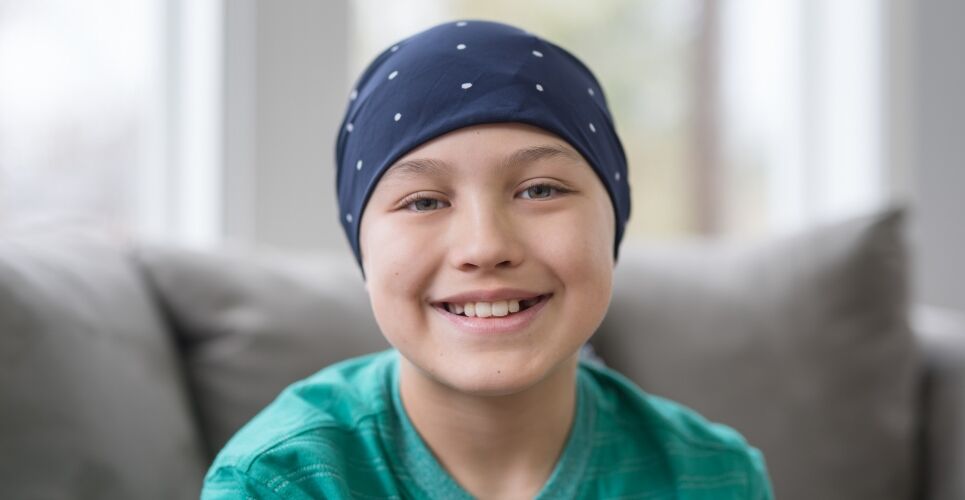The presence of persistent CD19 CAR T-cells may account for why some children with relapsed-refractory acute lymphoblastic leukaemia have longer remission, according to a study by a team of UK researchers.
The use of CAR T-cells that target CD19 is an effective therapy for relapsed and refractory acute lymphoblastic leukaemia in children. In fact, the therapy is now a widely used therapeutic approach for relapsed or refractory lymphomas.
The effectiveness of CAR T-cell therapy requires that these modified T-cells persist within the body. But what enables these cells to persist was the question posed in a recent study published in the journal Nature Medicine.
The team of UK researchers systematically analysed CD19 CAR T-cells of 10 children who had either relapsed or refractory acute lymphoblastic leukaemia (B-ALL) enrolled in the CARPALL study. The researchers then studied molecular features and clonal dynamics of CAR T-cells in this CARPALL study up to five years after infusion.
Leukaemia remission improved
The team studied 15 consecutive patients with high-risk or relapsed CD19 positive B-ALL treated with CAR T-cell therapy using cells isolated from cryopreserved samples of blood or bone marrow. From this cohort, 13 had achieved complete remission and six had subsequently relapsed. However, the remaining seven achieved long-lived remissions maintained by detectable CAR T-cells and concomitant B cell aplasia.
The researchers analysed a total of 264,827 single cells, approximately 50,000 of which were CAR T-cells. The long-lived CAR T-cells developed a CD4/CD8 double-negative phenotype with an exhausted-like memory state and distinct transcriptional signature. In addition, the signature was dominant among circulating CAR T-cells in those children with a long-lived treatment response.
Investigating further, the researchers found that this same signature was present across T-cell subsets and clonotypes, indicating that persisting CAR T-cells converge transcriptionally. They also found the signature in two adult patients who had previously been given a different CD19 CAR T-cell product for chronic lymphocytic leukaemia and had a decade-long remission.
An important finding from the study was how this persistent transcriptional signature was reproducible across thousands of cells in every patient with long-lived CAR T-cells and durable anti-B-ALL responses. These findings suggest that this persistence signature might be specific to long-lived CAR T-cells and raises the possibility of a universal transcriptional signature indicative of clinically effective, persistent CD19 CAR T-cells.

